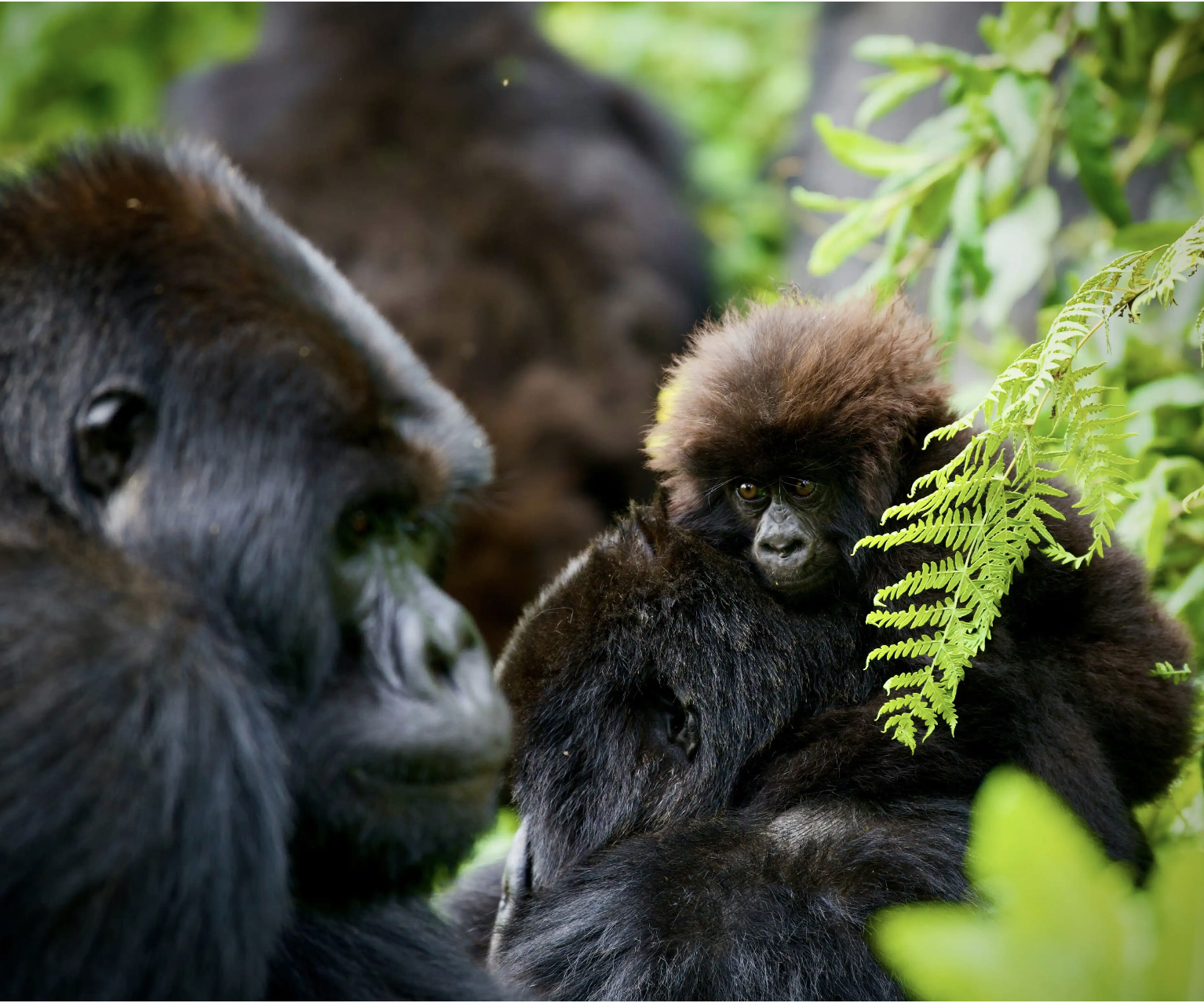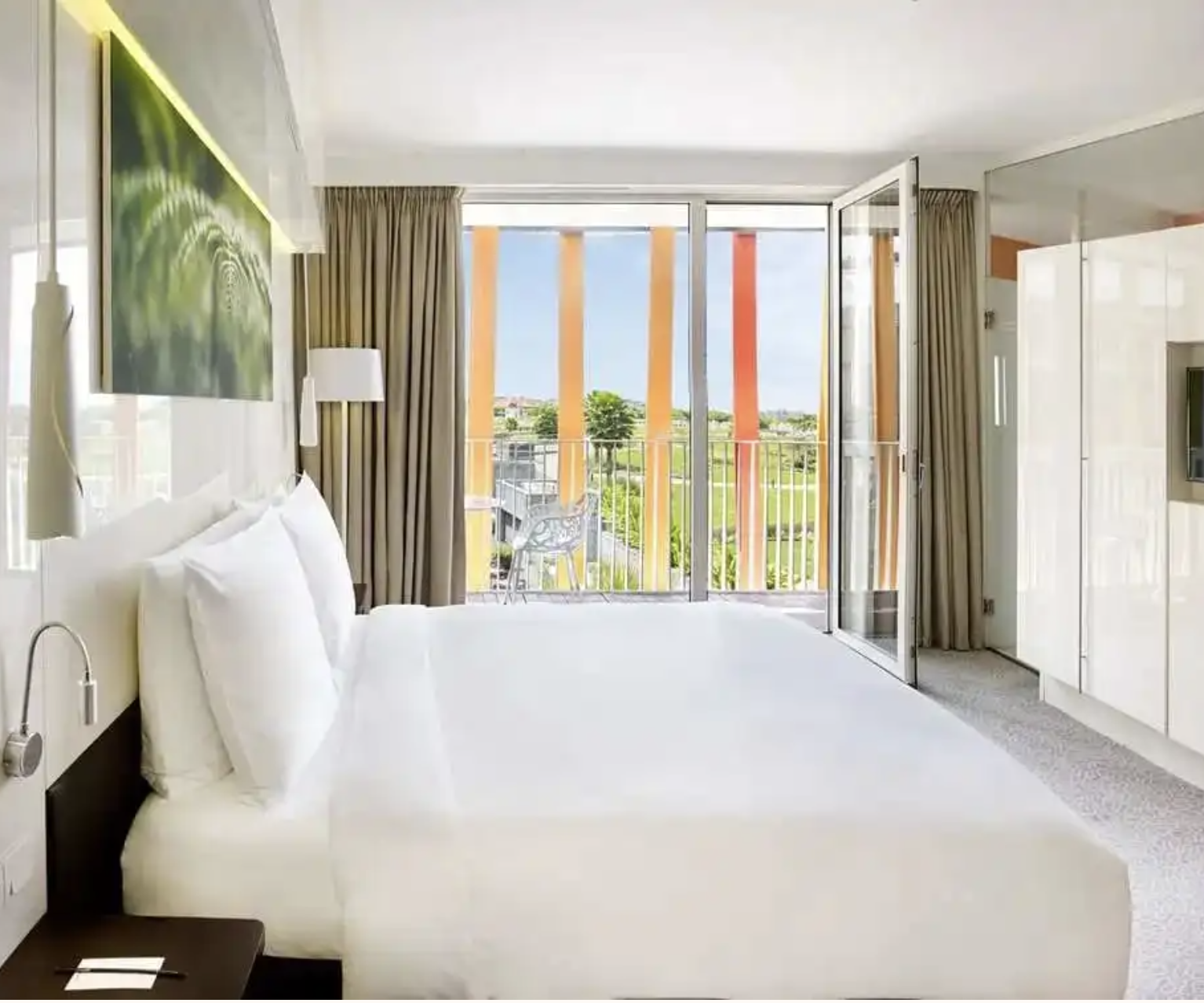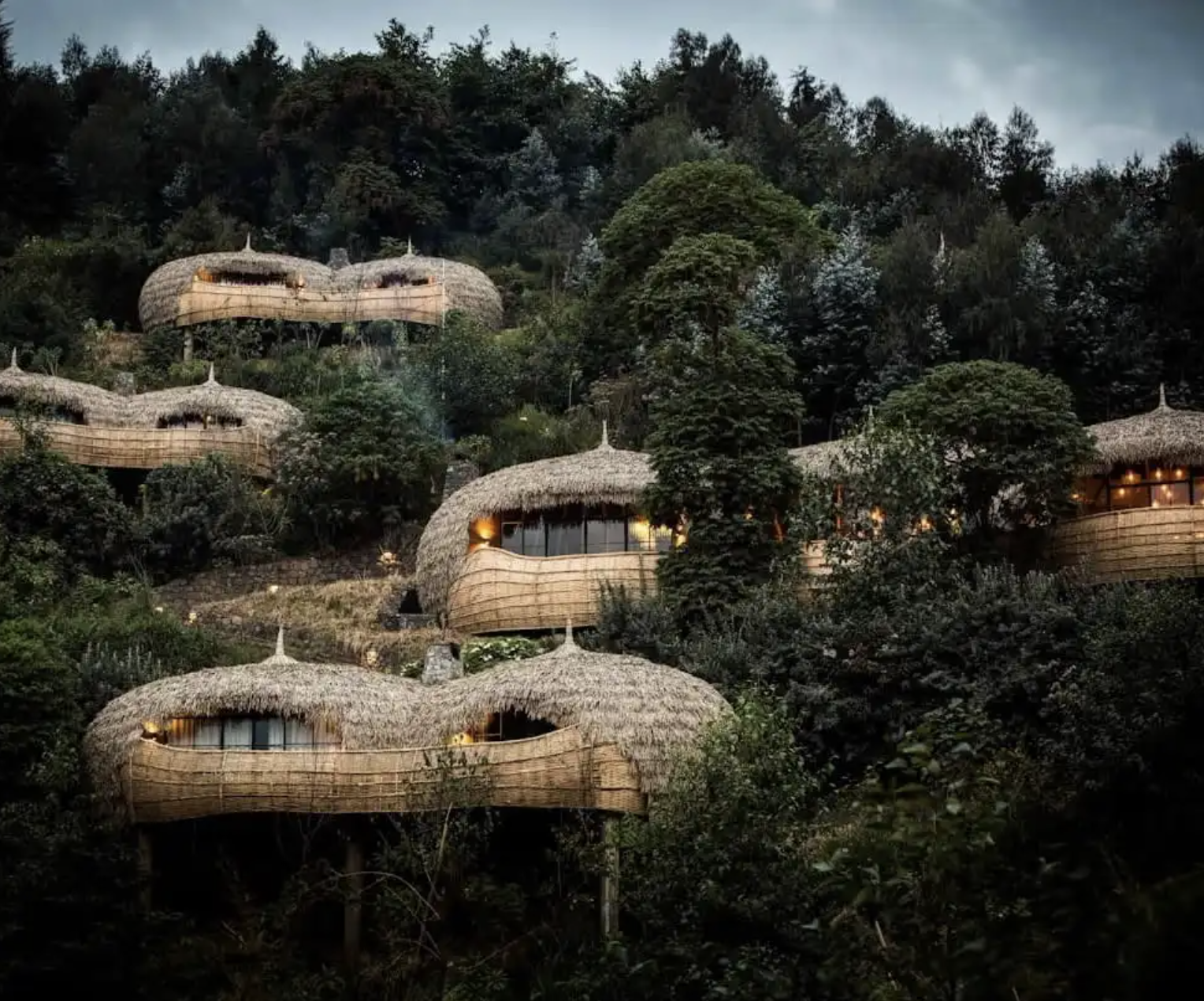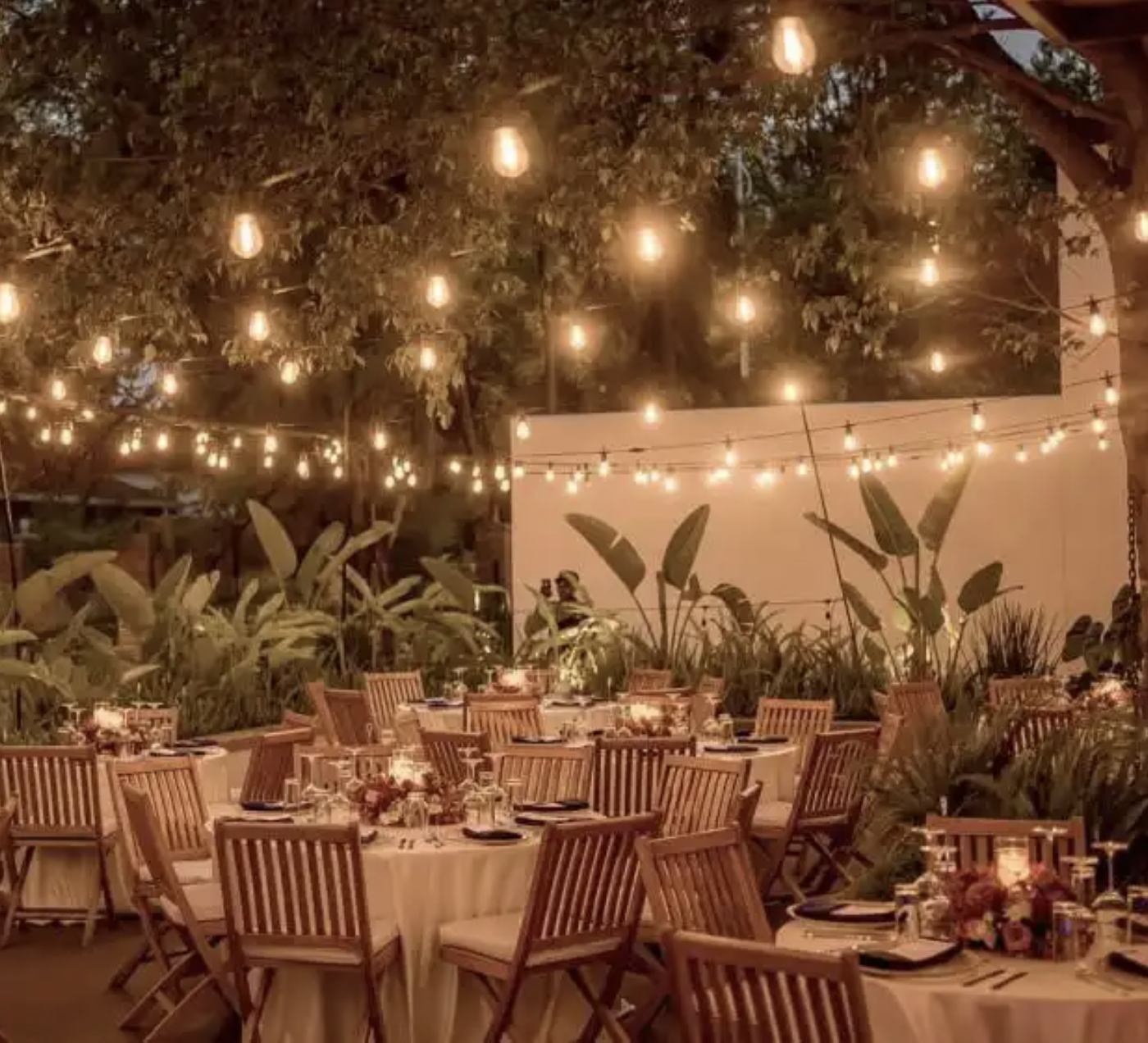Insider's Guide to Rwanda
Rwanda earned its reputation as the "Land of a Thousand Hills" for good reason, but what travelers discover goes far beyond the stunning topography. This is a country that rebuilt itself into something remarkable—where Kigali's tree-lined boulevards buzz with entrepreneurial energy, where coming face-to-face with mountain gorillas in Volcanoes National Park ranks among the world's most profound wildlife encounters, and where the Big Five roam free again in Akagera's rehabilitated savanna.
The Rwanda that emerges today strikes that rare balance between meaningful cultural experiences and world-class adventure. Whether you're navigating Kigali's thoughtfully curated museums and burgeoning food scene, tracking chimpanzees through Nyungwe's ancient canopy, or sitting in respectful silence as a silverback gorilla considers your presence, every moment feels intentional. This isn't just another African safari destination—it's a country that invites you to witness its extraordinary transformation firsthand.
Need to know
Image courtesy of Singita Kwitonda Lodge
Rwanda stands out as one of Africa’s safest destinations decades after the horrific genocide, but stay aware of unrest in neighboring countries. The country is also famously clean, thanks to community cleanup days (Umuganda) on the last Saturday of each month, but be aware that businesses are closed on those mornings. Drinking bottled and filtered water are recommended.
Currency: Rwanda uses the Rwandan Franc (RWF). Credit cards are accepted in major hotels, restaurants, and shops. Cash is essential in rural areas, markets, and for small purchases.
Languages: Kinyarwanda is the national language and widely spoken, while English and French are also official languages. In Kigali and most tourist areas, you’ll find English is common, though learning a few Kinyarwanda phrases shows respect and is warmly received.
Key phrases: hello (muraho), thank you (murakoze), please (nyabuneka), yes / no (yego / oya), excuse me / sorry (mbabarira), how are you? (amakuru?), I don’t speak Kinyarwanda (sindavuga ikinyarwanda).
Airports: Kigali (KGL) is Rwanda’s main gateway. Flag carrier RwandAir offers connections to cities across Africa, the Middle East, and Europe. While there are no flights to the US, it’s easy to connect via Amsterdam on KLM, Istanbul on Turkish Airlines, or Doha on Qatar Airways.
Transportation: Taxis work well for quick trips within Kigali. Hiring a driver and guide is essential to go farther due to logistics and long, winding roads on mountainous routes. For those wanting a quicker transfer, helicopters are available between key destinations.
Best time to visit: Rwanda’s two dry seasons (June–September and December–February) are ideal for gorilla trekking and wildlife viewing, with clear skies and cooler mountain air. The wetter months (October–November and March–May) bring green landscapes and fewer travelers, though rain can make trails challenging.
Ideal length of stay: Four to five days works well if you’re adding a gorilla trek onto safaris in Kenya or Tanzania. Plan seven to 10 days for a full Rwanda itinerary that gives time to balance trekking with cultural experiences, scenic lakes, and the growing culinary and arts scene.
Signature dishes and drinks:
Isombe: A rich stew of pounded cassava leaves cooked with ground nuts or palm oil, typically paired with rice, plantains, or sweet potatoes.
Ugali and brochettes: A dense maize or cassava flour porridge, served as a base for stews and grilled skewers of goat, beef, or pork
Akabenz: Tender, spiced fried pork, usually enjoyed with sautéed greens or plantains.
Tilapia: Freshwater fish grilled or pan-fried from Lake Kivu with a zesty herb sauce.
Ibihaza: Sweet pumpkin dishes, sometimes stewed or mashed, adding warmth and comfort to meals.
Coffee: Widely regarded among the world’s best, try a cup at a local café or plantation.
Urwagwa: Traditional fermented banana beer, slightly sweet and earthy, often served during cultural ceremonies.
Spiced teas and juices: Freshly pressed passion fruit, pineapple, or hibiscus drinks.
What to wear: Rwanda’s climate is warm but not overly hot, so light layers work best. A light jacket or sweater is worth packing for cooler evenings. Kigali leans smart-casual, with polished yet comfortable outfits for city dining and cultural outings. For gorilla treks and game drives, check with your hotel on specific requirements. Expect to pack neutral-colored clothing, comfortable walking shoes, and long socks to protect against fire ants.
Travel tips:
Vaccines: Consult with a doctor about recommendations for Rwanda. The CDC and WHO advise vaccinations against typhoid, yellow fever, malaria, and more.
Visas: Many travelers can get a visa on arrival or an e-visa in advance. The East Africa Tourist Visa (shared with Kenya and Uganda) is ideal if you’re combining countries.
Local rules and laws: Plastic bags are banned and any found in luggage will be confiscated at the airport. Taking photos of government buildings, soldiers, or sensitive sites is prohibited.
Altitude awareness: Kigali and the gorilla trekking regions sit at high elevations (5,000–9,000 feet). Give yourself time to acclimate and hydrate.
Medications: Bring prescriptions in original packaging with a doctor’s note. Pharmacies are well-stocked in Kigali, but some specialized medications may be hard to find.
Ethical animal tourism: Gorilla trekking is highly regulated in Rwanda to protect both the primates and visitors. Groups are limited in size, guides enforce strict distancing and hygiene rules, and feeding or touching the gorillas is prohibited. Following park rules ensures a safe, responsible, and meaningful wildlife encounter.
Kigali
Rwanda’s vibrant capital is nicknamed “The Singapore of Africa,” and is conveniently located in the center of the country. It’s a city that balances modern energy with a deep sense of reflection. The streets are clean and tree-lined, dotted with cafés, craft markets, and rooftop restaurants. The Kigali Genocide Memorial offers space for remembrance, while the city’s creative scene pulses through galleries and design studios.
Where to stay
The Retreat by Heaven: An intimate eco-luxury escape with just a handful of suites, blending contemporary design with Rwandan craftsmanship. Serene gardens, a saltwater pool, and wellness-focused dining create a restorative base between city explorations.
Kigali Serena Hotel: Elegant and centrally located, pairing polished interiors with a palm-lined pool terrace. Rooms are refined yet comfortable, with thoughtful touches and city views. Its restaurants, spa, and attentive staff make it a seamless choice.
Radisson Blu Hotel & Convention Centre, Kigali: A strikingly modern landmark beside one of Africa’s largest conference centers. Sleek rooms, sweeping views of Kigali’s hills, and great location make it equally suited for event-goers and independent travelers.
Volcanoes National Park
Image courtesy of Bisate Lodge
Rwanda’s crown jewel in the far north of the country, where misty slopes rise into towering peaks. It’s a place for trekking to see mountain gorillas and golden monkeys move quietly through the bamboo forests. The landscape is dotted with craters cloaked in cloudcover, while the surrounding villages carry a rhythm of tradition, from dance to crafts to local hospitality.
Where to stay
One&Only Gorilla's Nest: Suspended in a fragrant eucalyptus forest, this retreat blends high design with raw beauty. Floor-to-ceiling windows frame volcano views, organic interiors mirror the surrounding terrain, and days that end with fireside storytelling under star-filled skies.
Fora Reserve perks include a $100 food and beverage or spa credit, daily breakfast, an upgrade, and extended check-in/out whenever possible.
Singita Kwitonda Lodge: A contemporary sanctuary with a focus on conservation and community upliftment. Suites open onto private decks with rainforest views, dining celebrates local ingredients, and an in-house team crafting rich experiences.
Fora Perks include a gift valued at $100, daily breakfast, and extended check-in/out whenever possible.
Bisate Lodge: Distinctive thatched villas curve into the hillside, offering panoramic views of Bisoke and Karisimbi volcanoes. Sustainability runs through every detail, from the reforestation project to the locally inspired cuisine.
Akagera National Park
Stretching across the eastern border with Tanzania, bringing an East African safari feel to Rwanda’s savannah and wetlands. Lions, elephants, and giraffes roam the grasslands, while boat safaris on Lake Ihema reveal hippos and crocodiles. The landscapes shift from sweeping plains to rolling hills, giving Akagera a dynamic, untamed spirit.
Where to stay
Wilderness Magashi Camp: Set on a private concession, tent-style suites overlook Lake Rwanyakazinga, home to hippos, crocodiles, and abundant birdlife. Game drives and boat safaris reveal a thriving ecosystem, including lions and the elusive shoebill stork.
Nyungwe Forest National Park
Image courtesy of One&Only Nyungwe House
In the south of the country, this rainforest is all about depth and density, alive with sound and shade. Here, chimpanzees call from the canopy, waterfalls tumble through thick jungle, and suspension bridges stretch high above the trees. Trails wind through orchids, ferns, and ancient mahogany, making it one of Africa’s most biodiverse corners.
Where to stay
One&Only Nyungwe House: Bordering dense rainforest, this lodge immerses guests in Rwanda’s tea country. Interiors are warm and refined, with wide verandas. Activities range from forest hikes to tea tastings, all underscored by One&Only’s attentive service.
Fora Reserve perks include a $100 food and beverage or spa credit, daily breakfast, an upgrade, and extended check-in/out whenever possible.
Cruising to and around Rwanda
Image courtesy of AmaWaterways
While there are currently no cruising options in Rwanda, pairing a land-based tour with a river cruise in a nearby country is a popular choice. AmaWaterways offers a five-day Rwanda extension to their Discover Africa itinerary, including a Chobe River cruise in Botswana, plus Namibia, South Africa, and Zimbabwe. Uniworld also customizes extensions to Rwanda for their Splendors of Egypt & the Nile river cruise offerings.
Notable cruise lines
AmaWaterways: Contemporary river cruising with spacious ships, wellness-focused amenities, and standout dining. Their itineraries emphasize immersive excursions, active options like hiking and biking, and seamless service that feels both polished and approachable.
Fora Perks include up to $250 Shipboard Credit per stateroom.
Uniworld Boutique River Cruises: Distinctive, art-inspired ships that feel like floating boutique hotels that lean into personalized service and elegant details. Expect opulent design, all-inclusive amenities, gourmet dining, and curated excursions.
Fora Perks include up to $300 Shipboard Credit per stateroom.
History and culture
Rwanda’s history is one of resilience, tradition, and renewal, deeply rooted in its rich cultural heritage and stunning landscapes. Known as the “Land of a Thousand Hills,” Rwanda’s story stretches back centuries. The Kingdom of Rwanda was a monarchy that fostered a complex society organized around clans and cattle herding. The country’s cultural rituals remain vibrant today, like Intore dance performances, with rhythmic drumming and warrior-inspired choreography.
Kigali, the modern capital, bears the marks of Rwanda’s more recent past. The tragic 1994 genocide has shaped the nation’s commitment to peace and reconciliation. Travelers can visit the Kigali Genocide Memorial, a profound and respectfully curated space honoring victims and educating visitors.
Beyond history, Rwanda’s indigenous communities, including the Batwa people, contribute to the nation’s living cultural mosaic through traditions and crafts. Landmarks like the Nyungwe Forest and Volcanoes National Park reflect a deep connection between people and nature, where conservation and cultural respect go hand in hand.
Cultural celebrations & events
Umuganda (Last Saturday of each month, nationwide): A community work day where citizens gather to clean, build, and improve public spaces.
Liberation Day (July 4, Nationwide): Commemorates the end of the 1994 genocide and the country’s rebirth with ceremonies, parades, and community events.
Kwita Izina (September, Volcanoes National Park): Rwanda’s naming ceremony honoring newborn mountain gorillas with cultural performances and celebrations.
Rwanda Film Festival (October, Kigali & Other Cities): Also called “Hillywood,” celebrating Rwandan and African cinema with screenings and workshops.
Tea and coffee festivals (Various, Nationwide): Seasonal events highlight Rwanda’s world-class tea and coffee with tastings, estate tours, and cultural demonstrations.
What to do in Rwanda
Rwanda is a land of vibrant cities, misty mountains, dense rainforests, and sweeping savannahs. Here’s a curated list of experiences to make the most of your time.
Kigali
Kigali Genocide Memorial: Walk through moving exhibits and quiet gardens that honor victims of the 1994 genocide.
Inema Arts Center: Explore bold contemporary works in a lively gallery, often paired with live music and community workshops.
Nyamirambo Women’s Center: Stroll the colorful Nyamirambo neighborhood with local guides, visiting community projects, tailors, and street food stalls.
Kimironko Market: Navigate bustling stalls filled with vibrant fabrics, handwoven baskets, fresh produce, and spices.
Kigali Cultural Village: Browse artisan crafts, sip local coffee, and catch traditional dance performances in this open-air hub.
Presidential Palace Museum: Step into history with exhibits that include the wreckage of the presidential plane, a pivotal artifact of Rwanda’s past.
Camp Kigali Memorial: A solemn site honoring Belgian peacekeepers, set within the city’s tree-lined streets.
Helicopter tour: Take a private flight over Kigali and the surrounding hills, finishing with a champagne picnic or lunch at a hillside lodge.
Coffee: Visit boutique coffee estates in the countryside to sample rare single-origin beans and learn about Rwanda’s coffee culture firsthand.
Volcanoes National Park
Trekking: Hike through misty bamboo forests to observe mountain gorillas in their natural habitat. Spot playful golden monkeys darting between trees
Mount Bisoke: Climb through dense slopes to reach a crater lake framed by misty volcanic peaks.
The Ellen DeGeneres Campus: Explore the Ellen DeGeneres Campus of the Dian Fossey Gorilla Fund with state-of-the-art exhibits on the legacy of gorilla conservation.
Dian Fossey hike: Trek through forested trails to visit the Karisoke Research Center campsite and grave of the pioneering primatologist Dian Fossey.
Kwita Izina Ceremony: Witness Rwanda’s famed gorilla naming festival in September, blending conservation and cultural celebration.
Iby’iwacu Cultural Village: Learn traditional drumming, sample local dishes, and engage with community members preserving Rwanda’s heritage.
Akagera National Park
Rwanda’s Big Five: Set out on a game drive across savannah and woodland in search of lions, elephants, rhinos, buffaloes, and leopards.
Lake Ihema: Glide past hippos and crocodiles with birdlife overhead on a boat safari.
Night drive: Watch nocturnal wildlife emerge, from hyenas to bushbabies, under a starlit sky.
Birdwatching: Spot rare species like the shoebill stork in one of East Africa’s richest birding landscapes.
Fishing: Cast a line on Lake Shakani, a serene corner of the park.
Nyungwe Forest National Park
Chimpanzee trekking: Follow forest trails at dawn to encounter chimpanzees leaping through the canopy.
Colobus monkey tracking: Spot large troops of black-and-white colobus monkeys moving gracefully through the branches.
Waterfall hikes: Trek to Kamiranzovu or Isumo waterfalls, where cool mist meets thick jungle greenery.
Canopy Walkway: Take to the treetops on the suspended walkway over 200 feet above the forest floor, for sweeping views of the jungle and its birdlife.
Birdwatching: Join a guided excursion to see some of the park’s 300 bird species, from great blue turacos to sunbirds.
Tea: Learn about cultivation before sampling a fresh brew on a visit to a tea estate like Gisakura or Gisovu.
Cultural Encounters: Visit nearby communities to experience Rwandan storytelling, dance, and traditions linked to the forest.
Where to eat in Rwanda
Image courtesy of The Retreat by Heaven
Rwanda offers a varied dining landscape. Resorts and safari camps in Volcanoes, Akagera, and Nyungwe National Parks offer meals highlighting fresh local ingredients and regional flavors. Kigali, however, has earned a reputation as one of Africa’s most exciting culinary scenes, where innovative chefs blend Rwandan tradition and international influences.
Kigali
Kōzo Kigali: Minimalist Japanese-inspired cuisine with meticulous plating and fresh, seasonal ingredients, offering a calm, refined dining experience.
Kivu Noir: Sip on some of Rwanda’s finest single-origin coffee with light bites and pastries, all enjoyed with sweeping views of Kigali’s skyline.
Ruä: Intimate fine dining with a focus on inventive seasonal menus, merging local produce with globally inspired techniques.
Nyurah: A modern eatery celebrating Rwandan flavors through creative tapas and small plates, ideal for sharing over curated wines.
Heaven Restaurant: Elevated international cuisine set in serene, leafy surroundings, pairing lush garden views with refined service.
Filini Restaurant & Bar Kigali: Italian-inspired dining with a vibrant bar scene, offering fresh pasta, wood-fired pizzas, and a cosmopolitan atmosphere.
La Creola: Contemporary fusion cuisine highlighting local ingredients with French and Mediterranean flair, in a relaxed, stylish setting.
Cucina Restaurant: Modern Italian favorites served in a sleek, city-center locale, with a focus on fresh, seasonal ingredients and simple elegance.
The Hut Restaurant: Casual yet polished, serving hearty comfort dishes with a twist, tucked in a welcoming, contemporary space.
Trips to add on
Rwanda makes a compelling base for extending your journey through East Africa and beyond. From chasing wildlife to beaches and urban energy, here are a few standout trips to add on.
Kenya (1.5 hr flight): Pair Rwanda’s gorilla trekking with classic East African safaris. Visit Maasai Mara to see lions, zebras, and hippos, or the “Home of the African Elephant,” Amboseli National Park. Nairobi offers vibrant city life, museums, and markets.
Tanzania (2.5 hr flight): Combine a trip to Rwanda with a savannah safari in the Serengeti or Ngorongoro. Opt for a tropical unwind on Zanzibar’s white-sand beaches, rich with cultural history and spice markets.
Doha, Qatar (6 hr flight): A cosmopolitan stopover on your way to Kigali, with towering architecture, luxury shopping, and desert excursions. Ideal for a high-energy contrast to Rwanda’s green hills and national parks.
Istanbul, Turkey (7—9 hr flight): A cultural crossroads of East and West, with bustling bazaars, iconic mosques, and Bosphorus views. It offers a vibrant interlude before or after any African adventure.
If not Rwanda
These destinations share Rwanda’s wildlife, natural beauty, or modern city energy, each with a slightly different lens.
South Africa: From Big Five safaris in Kruger to cosmopolitan Johannesburg and Cape Town, South Africa delivers diverse wildlife and landscapes. Its distance from Rwanda, however, makes it less practical as a combined itinerary.
Borneo, Malaysia: Dense rainforests, orangutans, and proboscis monkeys await in this Southeast Asian wilderness. A destination for wildlife enthusiasts craving primates and tropical biodiversity beyond Africa.
Uganda: Mountain gorilla trekking at Bwindi or Mgahinga comes with stunning jungle landscapes. Internal flights can replace long drives between parks, making logistics easier for some. Travelers should note local unrest, legal restrictions, and occasional travel advisories.
Singapore: Kigali is often dubbed the “Singapore of Africa” for its clean, modern energy. This striking urban counterpoint, Singapore blends gleaming skyscrapers, immaculate public spaces, and cultural diversity, complete with its own wildlife and rainforests.
Malawi: Lake Malawi offers waterside tranquility, boutique lodges, and wildlife spotting for travelers looking for a quieter, less-touristed nature experience.












